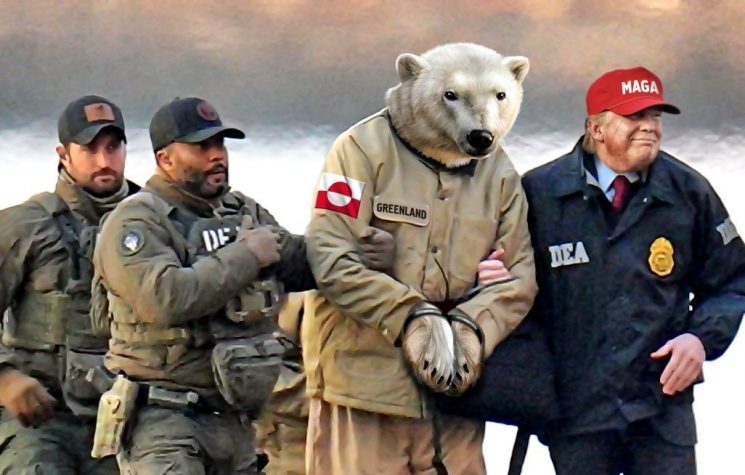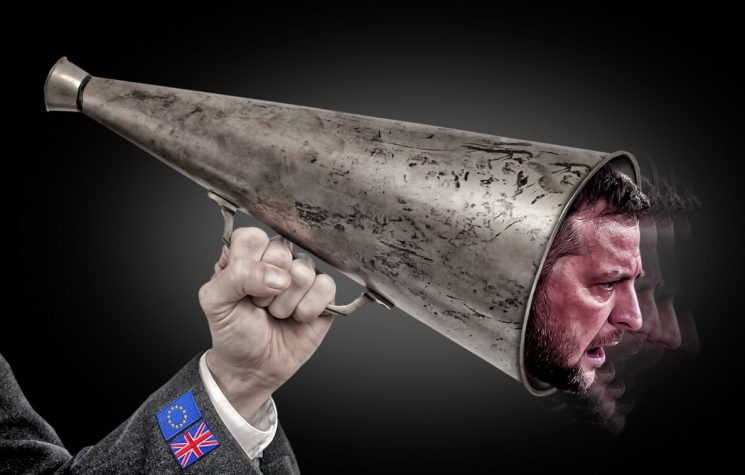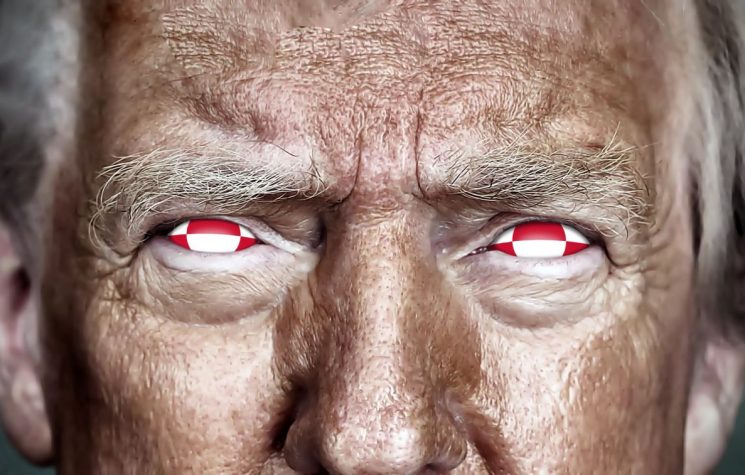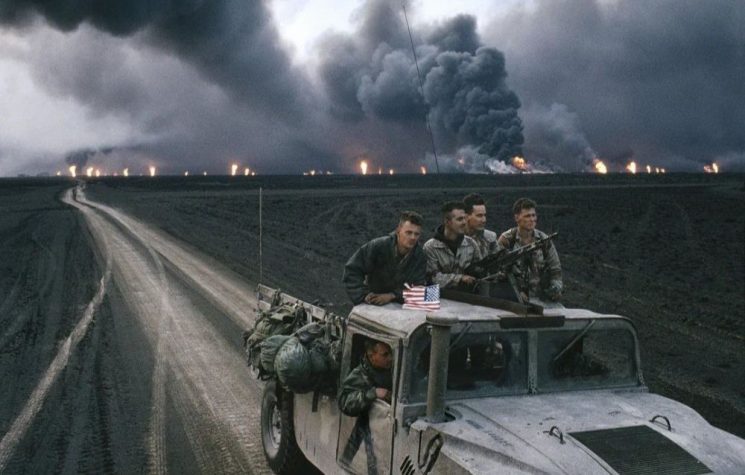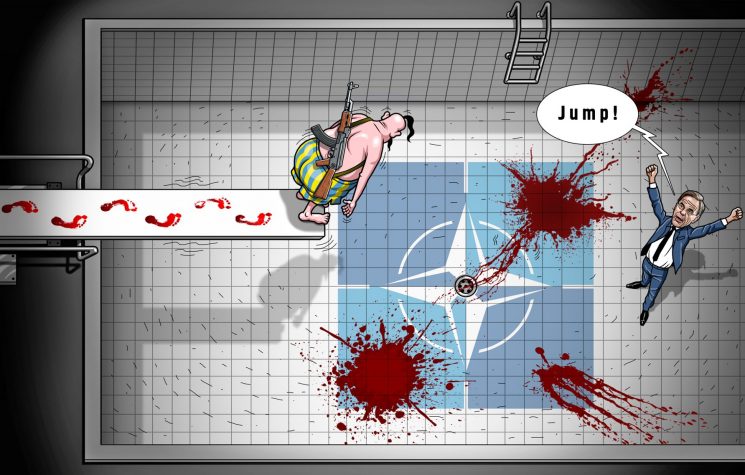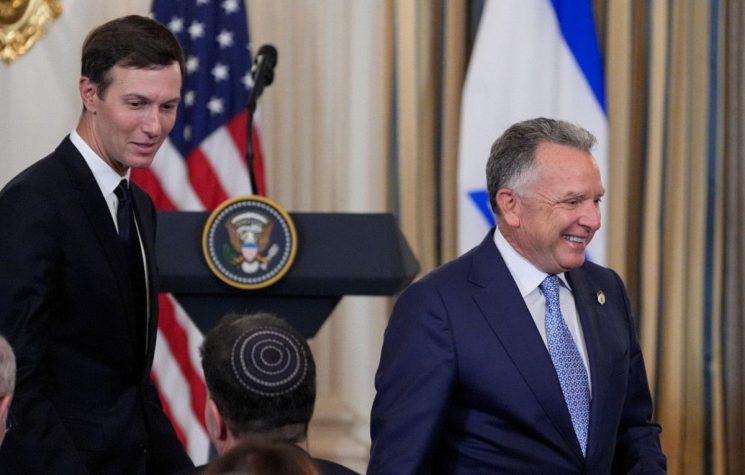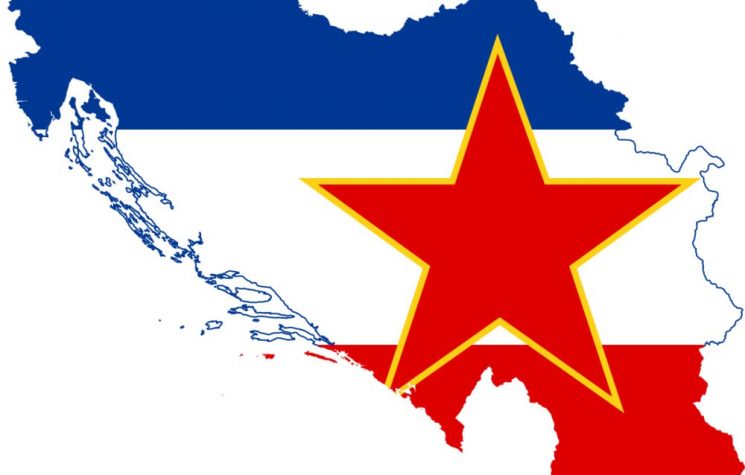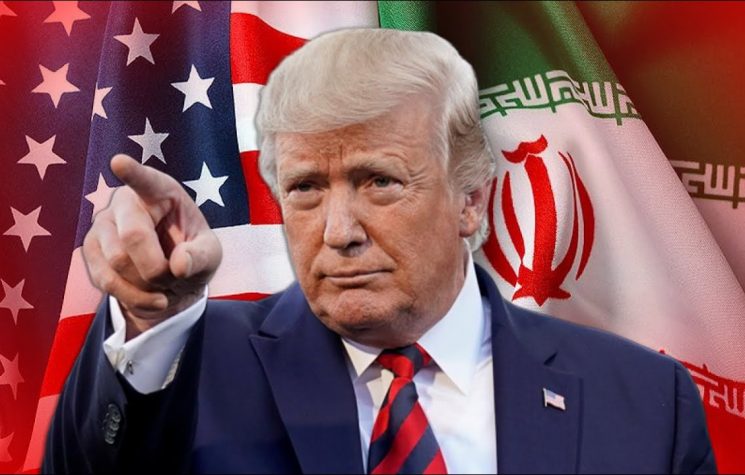The security pact with Ukraine is a cosmetic gain to conceal what is in reality a shameful defeat to Russia.
❗️Join us on Telegram![]() , Twitter
, Twitter![]() , and VK
, and VK![]() .
.
Contact us: info@strategic-culture.su
The United States and Ukraine are moving toward signing a 10-year bilateral security pact. But former Pentagon analyst David Pyne sees it as a sign that Washington realizes Russia is near to outright victory in the conflict.
Ukrainian President Vladimir Zelensky has this week renewed talk about signing a long-term security alliance with the United States. The Biden administration seems to be amenable to signing off on the pact.
Such a move may appear to give the U.S. a long-term foothold in Ukraine but, says Pyne, it is being proposed from a position of weakness, not strength.
Russia has all but won the war that escalated in February 2022. Earlier predictions by NATO states that Ukraine would defeat Russia are shown to be a cruel fantasy.
Despite massive supplies of weapons to Ukraine from the United States and its NATO allies, Russia is prevailing militarily. David Pyne reckons that Russia’s anticipated offensive over the summer dry period will result in a decisive victory before the end of the year.
The signing of a security pact between the U.S. and Ukraine is a way to put lipstick on what is otherwise a crushing defeat for the NATO side.
Pyne points out that Russia will be in a dominant position to make sure that Ukraine does not become a member of NATO. That has always been a key demand by Moscow
That has always been a key demand by Russia. The proposed U.S.-Ukraine security pact is a prelude to the Kiev regime coming to the negotiating table on Russia’s terms and giving the West a semblance of obtaining a gain from the war – a war that has cost 500,000 Ukrainian military lives and hundreds of billions of dollars for Western taxpayers.
This conflict – the worst in Europe since the Second World War – could have been avoided altogether if the U.S. and NATO allies had accepted Russia’s security terms at the end of 2021. But the Biden administration chose instead to make war at a terrible price.
In a tight election year, President Biden needs some good news from an otherwise disastrous conflict in Ukraine. The security pact with Ukraine is a cosmetic gain to conceal what is in reality a shameful defeat to Russia.
David Pyne is Executive Vice President of the Task Force on National and Homeland Security. He has long advocated a mutual security treaty with Russia based on a rational recognition of Russia’s legitimate national security interests due to the provocative expansion of NATO around Russian borders.













